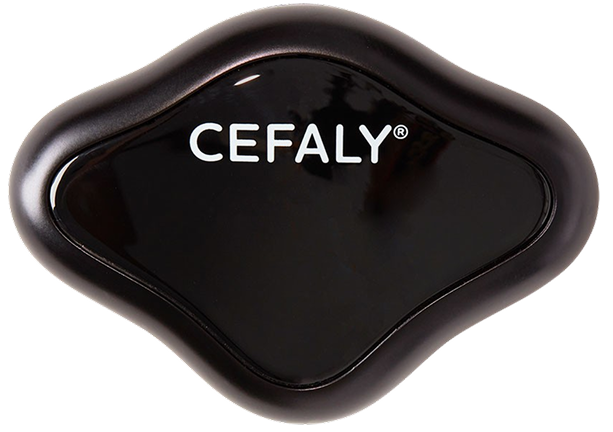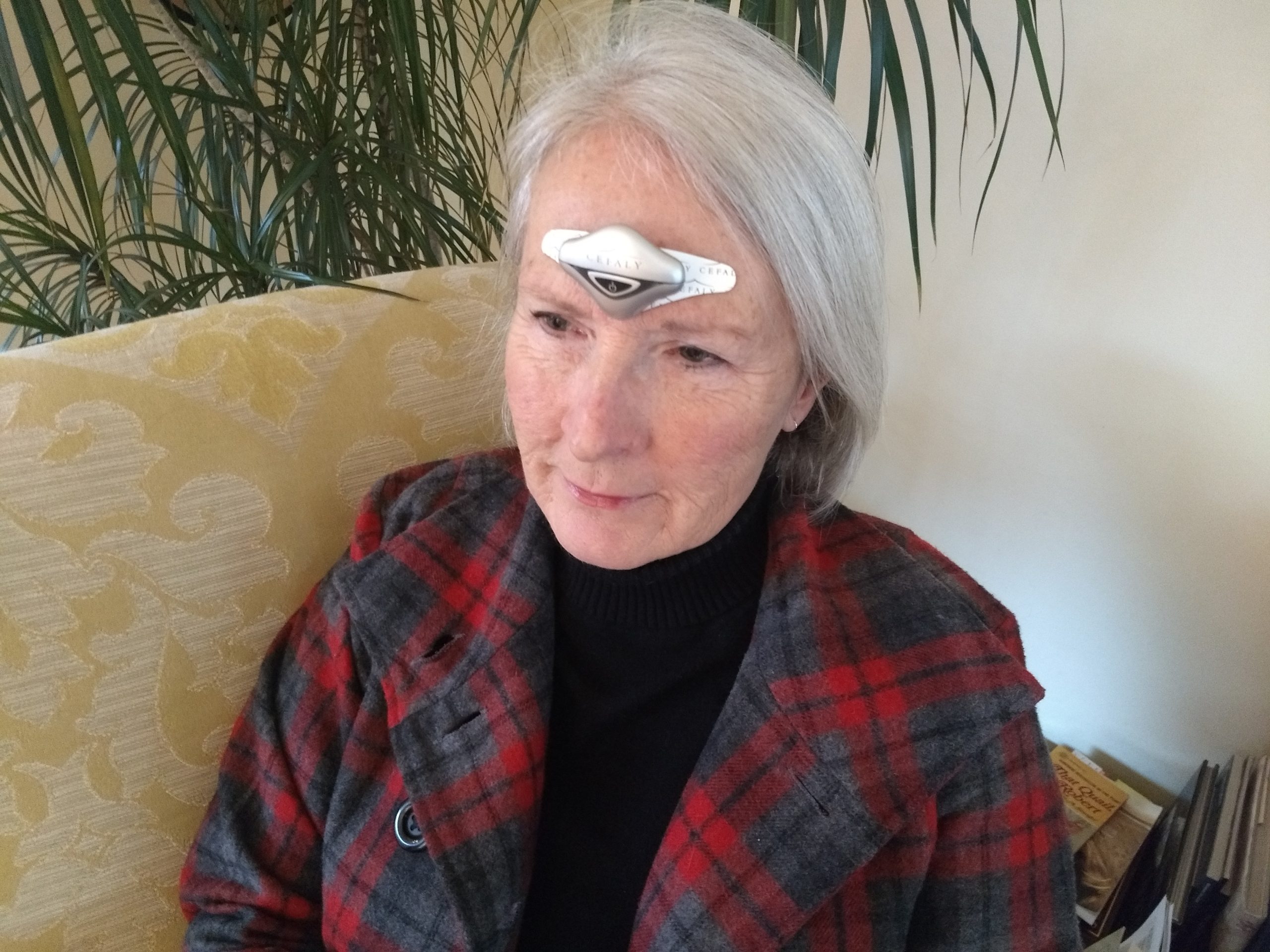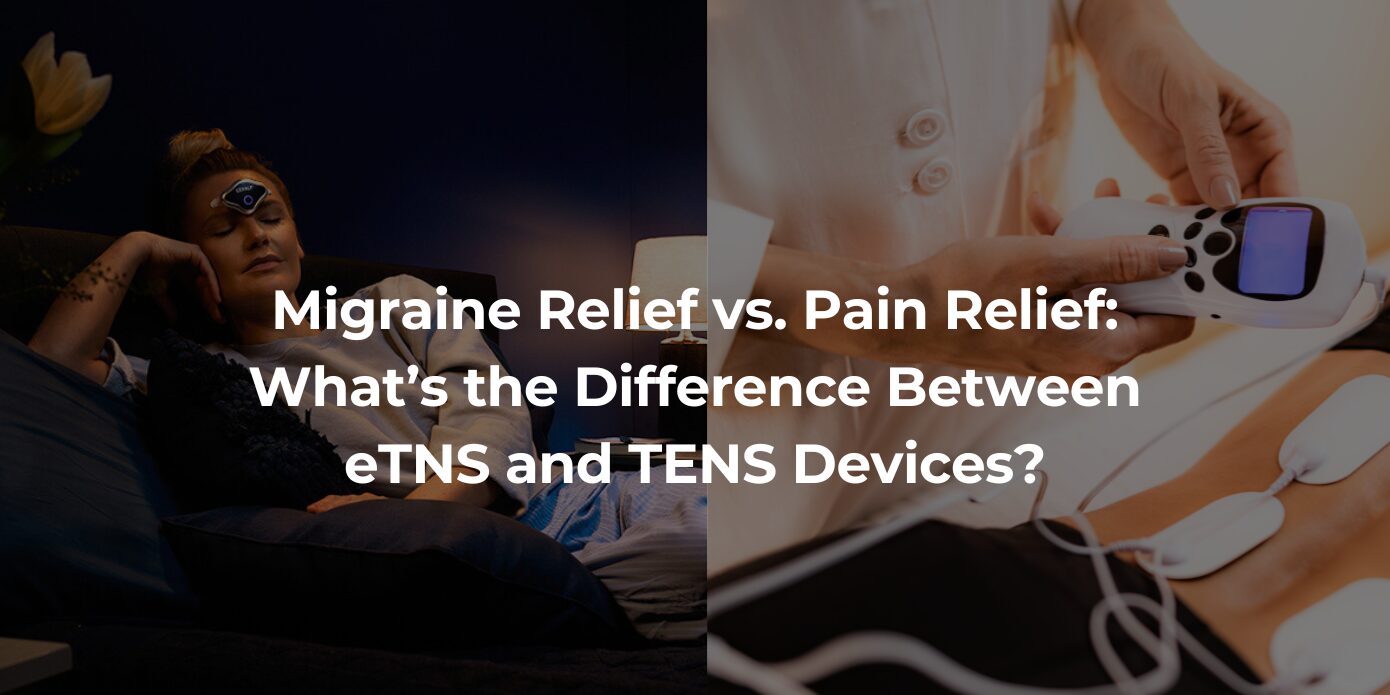Can migraine cause memory loss?
Memory loss is a symptom experienced by some people who live with migraine headaches. It’s rare and usually only occurs in people with migraines with aura, which includes other sensory interferences. This memory loss can also occur as a side effect of some migraine medications. Migraine can affect memory in several ways, ranging from brain fog to difficulty and impairment in oral and written language in some instances.
Migraine is a disabling disorder that can impact your everyday life. Beyond the excruciating pain, it can affect your brain and memory. Here is what you need to know about the connection between migraine and memory loss.
Migraine brain fog
Have you ever ever felt slightly confused or fuzzy during or after a migraine attack? This feeling is brain fog. This symptom is problematic for people who experience migraine attacks because it can make it challenging to concentrate on everyday tasks and remember things. People’s experience with migraine brain fog differs. For some, the symptoms can begin 48 hours before the onset of headache pain in a migraine attack, lasting through all four phases of migraine, with the effects even lingering 24 hours after the attack.
What is brain fog?
Brain fog describes a range of symptoms that include forgetfulness, mild confusion, trouble concentrating, sluggish thoughts, fuzziness and an overall feeling of exhaustion. Brain fog may indicate an underlying health condition. Even though it is not an official medical diagnosis, patients’ experiences are real.
What’s the link between brain fog and migraine?
While the link between brain fog and migraine requires additional study, some research suggests that brain fog relates to cortical depression in the brain, which happens through an electrical and blood flow process that moves from the part of your brain that controls vision to the region that regulates thinking. This process slows your thinking and, in some cases, may affect your sight.
Migraine sufferers often experience chronic brain fog, affecting their quality of life. The secret to getting rid of brain fog is treating the underlying condition that causes it. Using treatment to relieve and reduce migraine attacks can also decrease brain fog symptoms.
The effects of migraine brain fog can linger after a migraine attack, so you need to practice self-compassion and give yourself time if you are struggling to concentrate and think clearly after a migraine attack.
Get Drug-Free Migraine Relief With CEFALY
Shop Now
90-day money back guarantee
FDA-cleared
financing available
Other forms of migraine memory loss
Brain fog is a common side effect of migraine, but migraine attacks can affect your memory in other ways. Most of these symptoms are temporary, but they can still profoundly affect the well-being of people with chronic migraine.
Treatment side effects
Migraineurs can sustain mental impairments as a side effect of their medication. Doctors often prescribe a drug called Topamax to prevent migraine and decrease attack frequency. People either use it alone or with other medicines. The downside to this treatment is that it doesn’t stop a migraine attack that’s already in progress.
Each person’s response to the medication differs, but it can sometimes cause mental side effects. Of the people who take Topamax, up to 40% may experience some mental impairment. These cognitive side effects can include:
- Memory problems
- Confusion
- Difficulty concentrating
- Slowed thinking
- Anxiety
If you experience severe memory loss and mental impairment, ask your doctor to help you explore other forms of treatment.
Try CEFALY to Prevent & Relieve Migraine Pain
Cognitive impairment
Cognitive impairment is when a person has trouble with their memory, struggles to learn new things and has difficulty concentrating and making decisions about everyday life activities. Poor cognitive performance is a typical problem among people who experience migraine attacks. Most people with migraine complain of difficulties with concentration and memory, but some struggle with processing information, focusing, executive functioning, memory and verbal skills.
Not everyone who has migraine goes through the same stages. Often, people will notice slight mental changes one or two days before a migraine attack, which continue into the attack phase. These cognitive symptoms can even last into the postdrome phase after attacks. Cognitive impairment can be very distressing for people with migraine, so much so that it ranks second in intensity and attack-related disability after pain.
Further research is essential to understand the impact of cognitive dysfunction on people with migraine attacks, but current studies do not indicate any mental decline over time.
Aphasia
Aphasia is a disorder that affects a person’s ability to express and understand written and oral speech. A stroke is the most common cause of aphasia, but it can also develop due to a traumatic head injury, brain tumor or neurodegenerative disorder. People with migraine can also experience transient aphasia, but it is rare. This interruption in speech usually coincides with the other sensory symptoms during aura. Only 25% of people with migraine experience aura, meaning only a few people will have transient aphasia symptoms.
Because aphasia can elevate your risk of stroke, it’s best to seek immediate medical attention if you experience symptoms. How long does migraine aphasia last? Once your migraine attack has passed, the aphasia symptoms should also go away. You can minimize transient aphasia symptoms by seeking treatment to prevent and reduce your migraine attacks.
Migraine hangover
A migraine hangover is the lingering effects you feel one to two days after an attack. The medical term for this last stage of migraine is postdrome. It is relatively common, with up to 80% of people experiencing the postdrome stage. There is no way of knowing how severe your migraine hangover might be after an attack because the symptoms don’t correlate to the migraine intensity.
The side effects of a migraine hangover can be a mixture of mental and physical symptoms that include:
- Fogginess
- Tiredness
- Bad mood
- Difficulty concentrating
- Feeling drained
- Gastrointestinal problems
- Weakness
- Nausea
- Light sensitivity
- Stiff neck
Researchers believe a migraine behaves like an electrical storm in your brain. This migraine hangover may result from the brain circuits’ fatigue and depletion. It takes time for your brain to return to normal. You can ease migraine hangover symptoms by drinking plenty of water, reducing stress and your workload, eating regularly and getting enough sleep.
Treat migraine with CEFALY
CEFALY is the #1 FDA-cleared drug-free migraine treatment, treating migraine without the memory loss and other cognitive impairments that can result from medication. The Bluetooth-enabled CEFALY Connected relieves pain during an attack and prevents future migraines. You can also track and monitor your treatments on your phone. Use the ACUTE mode at the first sign of an attack to reduce pain. The PREVENT mode is a daily treatment to reduce the frequency of migraine attacks.
Relieve your migraine without worrying about the possible side effects of drugs. Shop online and purchase your CEFALY Connected today!














